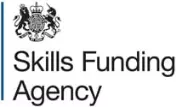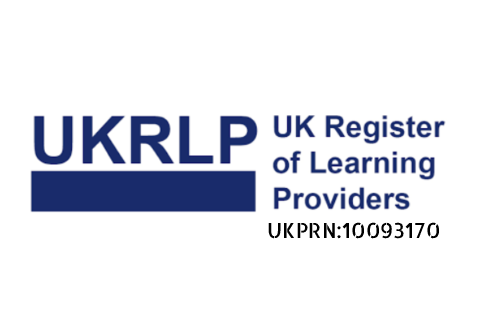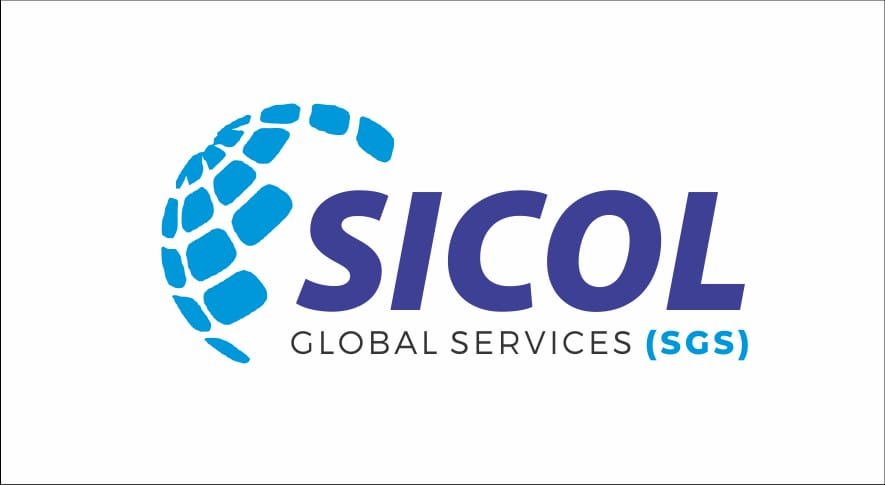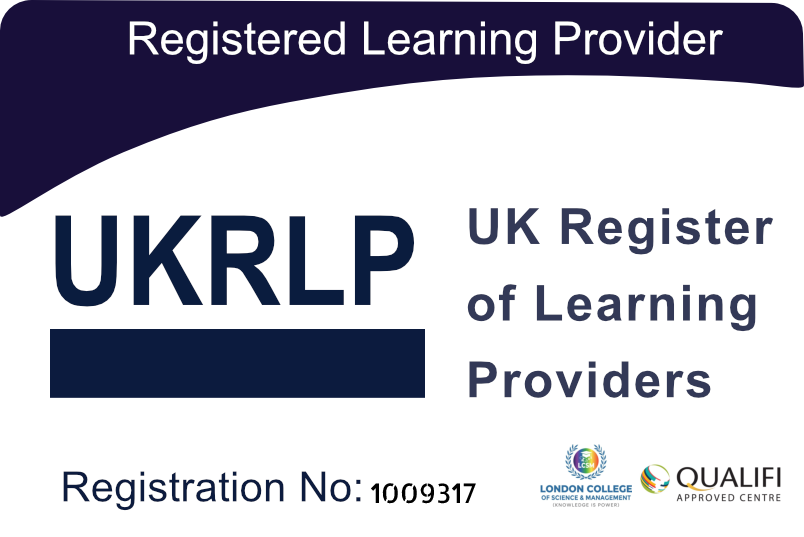MBA Advanced Diploma In Business Strategy – Level 7
120 credits - £3500 to £5500
About This Course
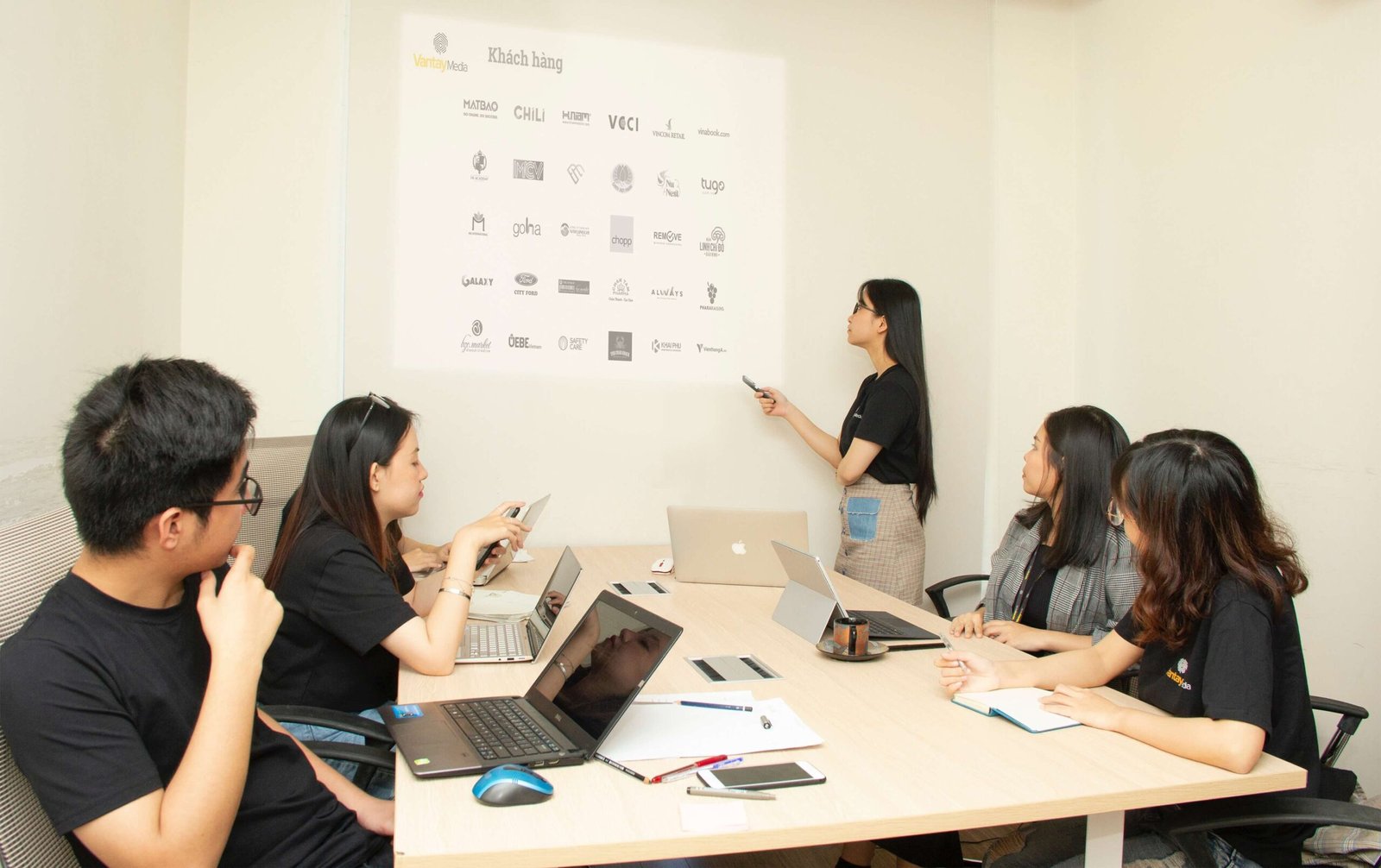
Examples of University Progression
- University of Sunderland – On Campus
- Anglia Ruskin University
- Coventry University
| Progression routes: | • the QUALIFI Level 8 Diploma in Strategic Management and Leadership, or • a university partner to complete a dissertation to then receive a full master’s degree, or • directly into employment in an associated profession. |
Qualification
Qualification Numbers: Qualifi level 7 International Diploma in Business Strategy(610/2175/1)Qualification number (RQF)



Course Details
Learners must complete all 6 mandatory units and choose a specialism route to achieve 120
credits.
Aim The aim of the unit is to develop the learner’s knowledge and understanding of academic practice and approaches to research. It utilises a problem-based learning approach to develop your practical competence in aspects appropriate to academic practice and research in business and management. The unit aims to allow learners to:
- Develop the ability to conduct research into business and management issues that require familiarity with a range of business data, research sources and appropriate methodologies.
- Combine theoretical and practical programme elements and personal development by building the academic skills and qualities within a holistic approach.
- Gain confidence and competence in the academic skills required to study successfully at the master’s level and beyond.
- Develop the principles and practice of quantitative and qualitative research with a practical view of the whole process from idea to required output.
- Define research and development questions.
- Find, select and review literature; • analyse data, interpret data and evidence.
The unit aims to supports organisational and self-awareness in learners. It provides a foundation for a self-critical and reflective approach to personal development to support the learner when operating at a strategic level. Wider context organisational and environmental factors are also considered as contributors to overall strategic success of the individual and the organisation.
The unit will investigate underlying models, techniques and theories that underpin marketing and can contribute to strategic objectives. It will also provide learners with a critical understanding of the marketing function within complex organisations.
This unit is geared towards supporting learners in understanding and using financial information and data. This unit is important to learners as it supports decision making.
The unit will explore the strategic aims and objectives of an organisation and their significance in setting directions and identifying success and progress for the organisation. The unit will also explore where different strategic options may lead the organisation to change its direction.
This unit is about the value of the strategic planning process in formulating appropriate strategies and designing a plan that will be supported by stakeholders and other organisational leaders. The critical review of the plan and its success is also addressed in the unit.
This unit provides the learner with the understanding to recognise the value to organisations of creative and innovative management ideas and the skills to implement this understanding.
This unit provides the learner with an understanding of the effect of legislation and global integration on decisions, policies, processes and activities undertaken by organisations.
The aim of this unit is to provide learners with the ability to understand and analyse the impact of internal and external environmental forces on organisational strategy and management of people. Also, to enable the learner to analyse a range of organisational contexts and how they develop ways to respond such environmental forces and the role of HR professionals in contributing to it.
The purpose of this unit is to develop competence in understanding and analysing employment markets and demographic trends to create and implement effective, ethical and appropriate resourcing, retention, talent management and development strategies. Also, the potential and limitations of the contribution of learning and talent development policies and strategies to formulating and achieving objectives at national, organisational, group and individual level will be discussed. Learners will assess the role of HRM professionals in designing, implementing, and evaluating strategic planning relevant to employee resourcing, talent management and development.
The aim of this unit is to enable learners to understand the main elements that influence the performance of employees at all levels within an organisation and the ways in which such elements can be managed in a constructive manner. Further to provide learners with understanding to devise and implement appropriate HR practices and strategies that relate to Performance Management.
This unit aims to develop students’ knowledge and understanding of management accounting techniques for small businesses and introduce students to the use of management accounting information in the effective management (planning, organising, actuating, and controlling) of small businesses.
This module aims to develop students’ understanding and knowledge on investments that are conducted across international borders. Furthermore, it explores issues that go beyond domestic economies, including dealing with foreign currency and managing international economic and cultural differences. Hence, this module equips students with the tools to navigate the complex world of international finance.
The overarching aim of this module is to critically examine the tools and techniques used to create successful customer growth in all contexts. In doing so students will develop a critical understanding of the factors which influence consumer behaviour and evaluate the literature and relevant theories which explain consumer motivation and customer relationships. Students will also be able to analyse an organisation’s marketing strategy and demonstrate the application of key elements concepts and tools within the business environment.
Marketing Strategy builds on the existing knowledge that students and practitioners already hold about the principles of marketing. It should help candidates propose strategic response to emerging market themes and allow them to consider the impact on marketing and its interaction with other parts of the organisation. Its aim is to provide a clear concise guide to the tools and frameworks for marketing decisions that seek answers to the strategic questions, where are we now? Where do we want to be? How will we get there? And did we get there.
This unit aims to introduce learners to the realities of developing and managing a project. It will also introduce learners to the challenges of project management practice in the global business arena. It aims to promote thinking critically about project management as complex, process-based cultural systems and as constantly developing with the high performing team efforts. As increasing number of firms have project development and project management activities, understanding the efficient project management is of vital importance. Learners will learn about the roles and responsibilities of a project team members. Various level of management skills will be studied with special focus on success factors, monitoring and control.
The aim of the unit is to enable the student to understand the core concepts of procurement along with the importance of identifying and managing risks related to procurement and contract management. The learners will also develop a critical understanding of various legislative frameworks important for procurement and consider frameworks for risk assessment in the procurement context.
The aim of this unit is to allow the learner to understand concepts of portfolio management and the associated features. The value of having a Project Management Office will also be examined and the stages of establishing and effective project management office will be considered. Learners will also examine the supply chain ecosystem and review IT frameworks appropriate for logistics and supply chain complexities.
- To understand and apply the principles of management strategy in a business environment.
- Review and apply the principles of business management within industry.
- To understand and apply the principles of strategic management in a specific environment.
- To improve the employability of learners by allowing them to explore the relationship between management theories and their practical application in the business world.
- Analyse problem-solving techniques specific to business and industry
- Select, collate, review and analyse information form a wide range of sources.
- Work independently and as part of a team.
- Manage one’s own personal development and growth.
The MBA Advanced level 7 Diploma in Business Strategy is a qualification for aspiring health and safety professionals. It is aimed at learners who are responsible for developing and applying health and safety procedures day-to-day in an organisation. They are likely to be managers looking to improve their knowledge and skills. The Diploma is designed to provide learners with the expertise required to undertake a career as a health and safety practitioner and it also provides a sound basis for progression to postgraduate study.
Mandatory Units
- Strategic Marketing
- Finance for Managers
- Strategic Direction
- Strategic Planning
- Creative and Innovative Management
- Managing Corporate Responsibility in the Wider Business Environment
General Management Specialism
- Research Methods
- Development as a Strategic Manager
Human Resources Management Specialism
- Resourcing, Talent Management and Development
- Performance Management
- Contemporary HRM
Finance Specialism
- Business Finance
- International Financial Management
- Contemporary HRM
Marketing Specialism
- Customer Growth marketing
- Advanced Strategic Marketing
- Contemporary HRM
Project Management Specialism
- Planning, Controlling and Leading a Project
- Procurement Risk and Contract Management
- Advanced Project and Logistics Management
Successful completion of the MBA Advanced level 7 Diploma in Business Strategyprovides learners with the opportunity to progress to further study or employment.Upon successful completion of the level 7 Diploma in Business Strategy and final year of an accredited postgraduate degree programme, graduates can expect promising career opportunities and will be equipped with the skills and knowledge to lead complex projects, making them valuable assets in various industries. Job prospects include roles as project managers, where individuals can demonstrate their ability to analyse risks, manage resources efficiently, and communicate effectively with stakeholders. The diploma also enhances the potential for career advancement, paving the way for executive and strategic roles within the Risk management field. Overall, this qualification sets the stage for a fulfilling and successful career in project management.
On completion of this course students have the opportunity to complete an MBA programme from a range of UK universities. The top up programme can be studied online or on campus. The MBA top up comprises the final 60 credits which consists of either a dissertation or a dissertation and one module.
University of Gloucestershire
MBA Business Administration – £3,250
Anglia Ruskin University
MBA (Top-Up) – £3,900
University of Bolton
MBA Business Administration – £3,500
University of Sunderland
MBA Business Administration – £5,145 (campus)
Westcliff University
Master of Business Administration – £10,700 (online) / £11,120 (campus)
Northampton University
Executive MBA– £3,500
MA in Human Resource Management – £2,200
Executive Master of Business Administration – £3,690
University of Derby
Top up to MBA – (partial exemption)
To enrol onto the level 7 programme, you must be either.
- a)a university graduate who is over 22 years old, or
- b)a non-university graduate over 24-year-old, and with at least five years of managerial experience.
All course material, including online modules and written assignments.
Personal tutor support with 1-2-1 Zoom sessions
Dedicated student support
Access to an online social learning forum
Assignment marking and feedback.
FREE TOTUM student discount card
FREE student membership to the Institute of Directors (IoD)
FREE laptop*
FREE access to Our Hubs
*excluding ELCAS funded learners
The fee for the level 7 diploma in Project Management course is £4800.
Students can make payment using one of the following methods:
- Credit or debit card.
- Bank transfer.
- Interest free monthly instalments
- PayPal
- ELCAS funding
Choose your course option
Request a Course Prospectus
Related courses

MBA Advanced Diploma Level 7 in Occupational Health and Safety Management
120 credits – £3500 to £5500 Progress to QTLS Enroll Now About This Course The MBA Advanced Diploma Level 7 in Occupational Health and Safety

MBA Advanced Diploma In Risk Management – Level 7
120 credits – £3500 to £5500 Progress to QTLS Enroll Now About This Course MBA Postgraduate Advanced Diploma Level 7in Risk Management is a comprehensive

All Programmes
IGCSE & short courses Mathematics IGCSE Business IGCSE Physics IGCSE English IGCSE English Language Course (IELTS Training) Foundation programmes Foundation – Level 3 Diploma In


